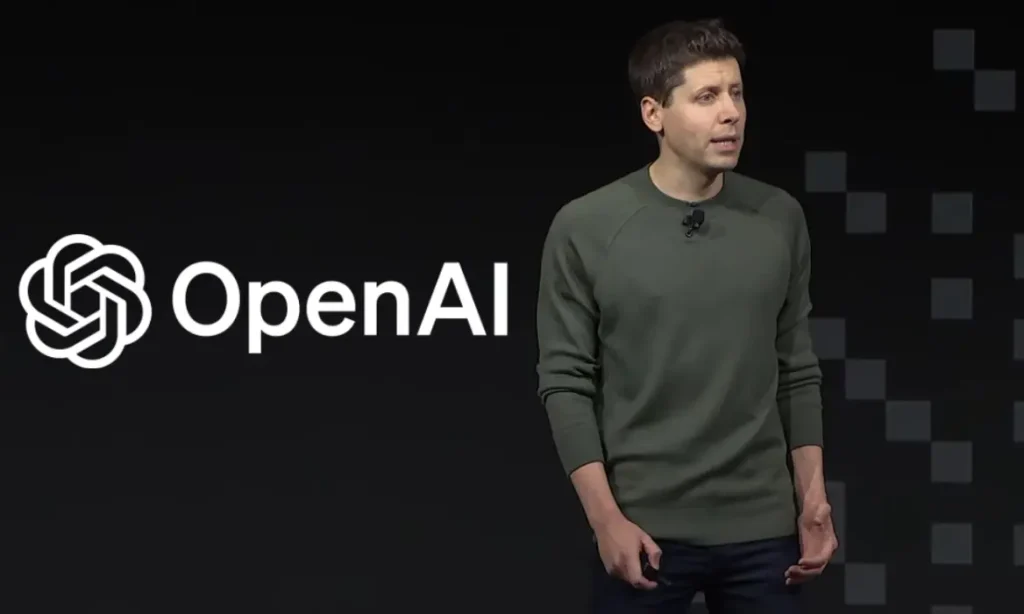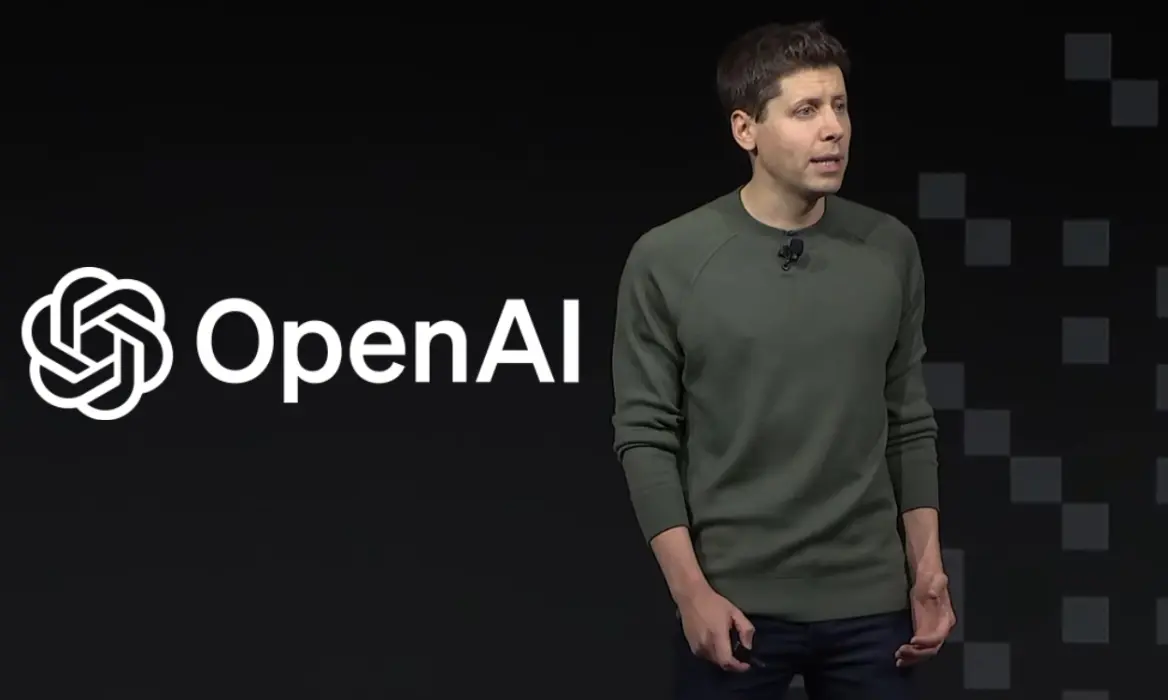
OpenAI, the innovative force behind ChatGPT, is making waves once again with the introduction of SearchGPT, a prototype search engine poised to disrupt Google’s stronghold on the search market.
After months of speculation, OpenAI has unveiled SearchGPT, designed to help users quickly and easily find what they’re looking for. By leveraging generative AI, SearchGPT can gather links and provide conversational answers to user queries. This tool may eventually be integrated into OpenAI’s popular ChatGPT chatbot. In addition to web searches, SearchGPT will draw on data from publishers who have partnered with OpenAI.
Kayla Wood, OpenAI’s spokesperson, confirmed that early mock-ups of SearchGPT were shown to partners and publishers for feedback before the official announcement, although a demo or interview about the tool has not yet been provided.
Microsoft’s Early Foray and Competitive Landscape
Microsoft, an investor in OpenAI, launched an AI-powered version of Bing in 2023, using OpenAI’s language models. This search experience, now branded as Copilot, was one of the first generative AI search engines available to the public. Since then, competitors like Google and Perplexity have introduced their own AI search tools. Google’s AI Overviews offer AI-generated summaries at the top of news results, while Perplexity provides relevant links and allows follow-up questions. OpenAI’s SearchGPT seems to align more with Perplexity’s approach.
Challenges and Innovations in AI Search
Despite the initial excitement surrounding ChatGPT’s ability to summarize web information, the limitations of large language models present challenges. These models often rely on outdated training data and can generate incorrect information when unsure of an answer. Microsoft’s Bing, for instance, faced issues with strange and inappropriate responses, and Google’s AI Overviews have also encountered reliability problems, like suggesting adding glue to pizza.
To address these issues, OpenAI may use a technique called retrieval augmented generation (RAG) in SearchGPT. This method references trusted sources while generating answers, reducing the likelihood of incorrect information and providing links to the original data.
Commitment to Publishers and Copyright Concerns
One potential issue for AI search tools is copyright violations. Perplexity, for example, has faced criticism for using original journalism without proper attribution. OpenAI has addressed this concern in a blog post, emphasizing its commitment to publishers by citing and linking to them in search results. This year, OpenAI has signed licensing agreements with major publishers, including Vox Media, The Atlantic, News Corp, and the Financial Times.
OpenAI’s Strategic Expansion
Despite the success of ChatGPT, OpenAI is exploring new revenue streams to support its growth and the cost of training larger AI models. A report by The Information estimates that OpenAI could lose $5 billion this year due to increased staffing and new commercial offerings.
Entering the search market is a strategic move for OpenAI to compete with Google, which has rapidly developed its ChatGPT competitor, Gemini. Google is integrating this technology into its products, including search, office software, and Android.
Richard Socher, CEO of You.com, notes that creating a superior search tool is extremely challenging. You.com has pivoted towards being a business-focused research tool, and Socher points out that OpenAI’s shift towards commercial ventures will bring its own set of challenges.
For more updates and in-depth analyses on AI advancements, stay tuned to AiBlock Insider.
